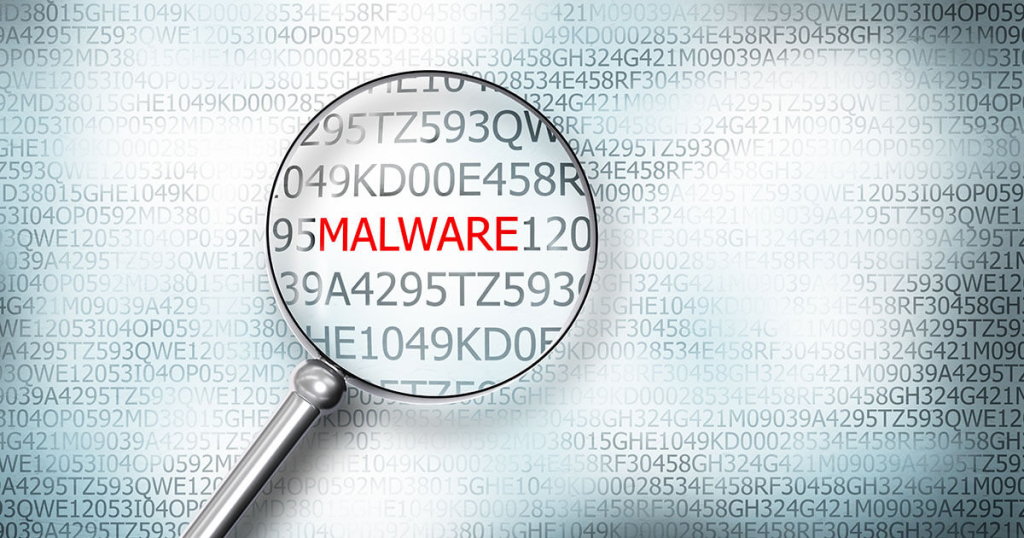What is Malware in web hosting?

Malware in web hosting refers to any malicious software designed to infiltrate, damage, or disrupt websites or servers. It can cause significant harm to both the hosting infrastructure and the websites it supports, leading to security breaches, data theft, website defacement, and more.
Table of Contents
Common Types of Malwares in Web Hosting:
- Viruses: Programs that infect files on the server, causing them to become corrupted or behave unpredictably.
- Trojans: Malicious programs disguised as legitimate software, often used to gain unauthorized access to a server.
- Ransomware: Encrypts files on the server and demands payment for their release.
- Backdoors: Allows unauthorized access to a server, enabling hackers to control or exploit the system.
- Phishing Pages: Fake pages designed to steal sensitive information from users, often hosted on compromised servers.
- SQL Injection: A code injection technique used to attack data-driven applications by inserting malicious SQL statements into an entry field.
How Malware Impacts Web Hosting:
- Security Breaches: Unauthorized access to sensitive information like user data, payment details, etc.
- Website Defacement: Hackers can modify website content to display unwanted messages or redirect users to malicious sites.
- SEO Damage: Search engines may blacklist websites hosting malware, significantly harming SEO rankings.
- Server Overload: Malware can consume server resources, leading to slow performance or downtime.
- Reputation Damage: A hacked site can damage the trust of customers, leading to loss of business.
Prevention and Mitigation:
- Regular Scanning: Use security tools to regularly scan websites and servers for malware.
- Updates and Patching: Keep all software, including content management systems (CMS) and plugins, up to date.
- Secure Configurations: Use strong passwords, disable unnecessary services, and restrict access to critical files.
- Firewalls: Implement web application firewalls (WAF) to protect against common attacks.
- Backup: Regularly back up your website and server data to recover quickly in case of an infection.
How cPanel scanner engine can help to solve this?
cPanel’s integrated scanner engine, known as cPanel ImunifyAV or cPanel Imunify360 (depending on the version and features you have), is a security tool designed to detect and mitigate malware on cPanel-hosted websites. Here’s how it can help solve malware issues:
1. Automated Malware Scanning:
- Regular Scans: The scanner automatically runs regular scans of your files, including websites, email, and other hosted content, looking for known malware signatures.
- Real-Time Detection: It continuously monitors for malware in real-time, offering immediate detection when files are uploaded or modified.
2. Malware Detection and Alerts:
- Detailed Reports: The scanner generates detailed reports of any malware found, including the type of malware, the affected files, and the potential threat level.
- Email Notifications: Alerts are sent to the administrator when malware is detected, allowing for quick action.
3. Automatic Malware Removal:
- Auto-Cleaning: Depending on your settings, the scanner can automatically clean or quarantine infected files, removing malware without needing manual intervention.
- Quarantine: Infected files can be moved to a quarantine area, preventing them from causing further harm while retaining them for analysis or recovery.
4. Custom Scans:
- Manual Scanning: You can initiate manual scans for specific directories or files if you suspect they are compromised, allowing targeted checks.
- Custom Exclusions/Inclusions: Define which files or directories to include or exclude from scans, giving you greater control over the scanning process.
5. Patch Management:
- Vulnerability Patching: Some versions, like Imunify360, can help identify outdated software with known vulnerabilities and assist in patching them, reducing the risk of malware infections.
6. Web Application Firewall (WAF):
- Threat Prevention: In conjunction with the scanner, a WAF can block malicious traffic before it even reaches your server, preventing malware from being uploaded or executed.
7. IP Reputation Management:
- Blocking Malicious IPs: The scanner can work with other cPanel security tools to block IP addresses known to be associated with malware distribution, adding another layer of protection.
8. User-Friendly Interface:
- Easy Management: The cPanel interface for ImunifyAV or Imunify360 is user-friendly, making it simple for even non-technical users to manage scans, view reports, and handle malware issues.
9. Reduced Downtime:
- Quick Response: By quickly detecting and removing malware, the scanner reduces the downtime associated with security incidents, helping to maintain website availability and performance.
10. Integration with Backups:
- Backup Scanning: The scanner can also check backups for malware, ensuring that you’re not restoring infected files and that your backup is clean and safe to use.
Conclusion:
cPanel’s scanner engine provides a comprehensive solution to malware threats, helping to keep your web hosting environment secure. By automating detection, cleaning, and prevention, it allows you to focus on running your business rather than worrying about security threats.